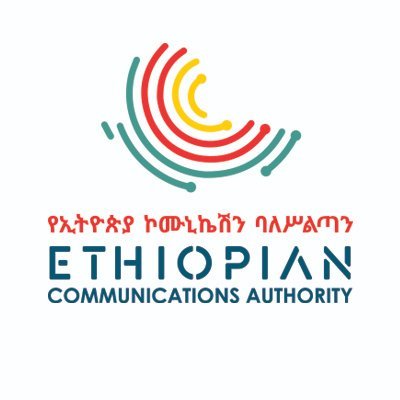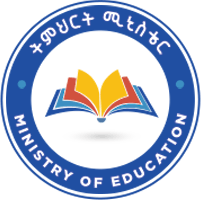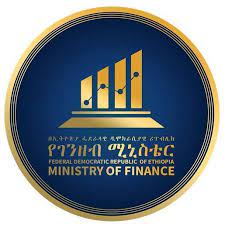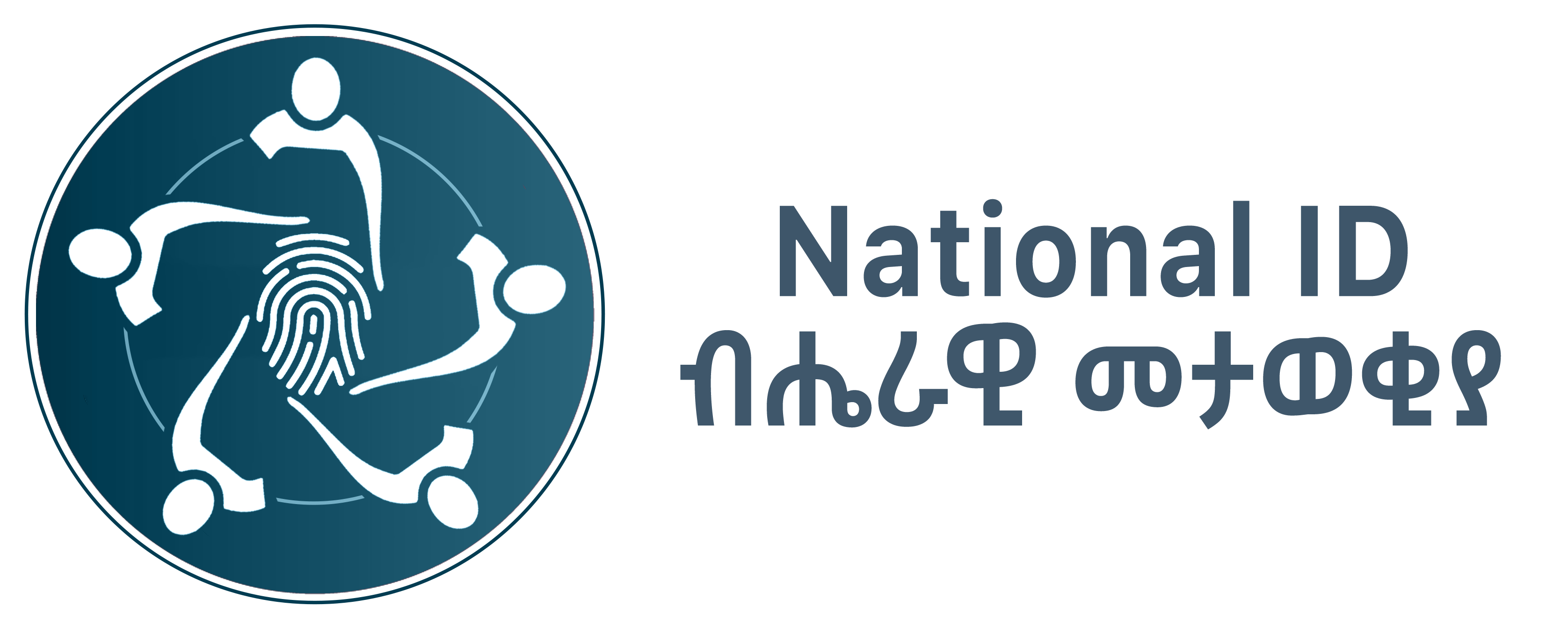Structure
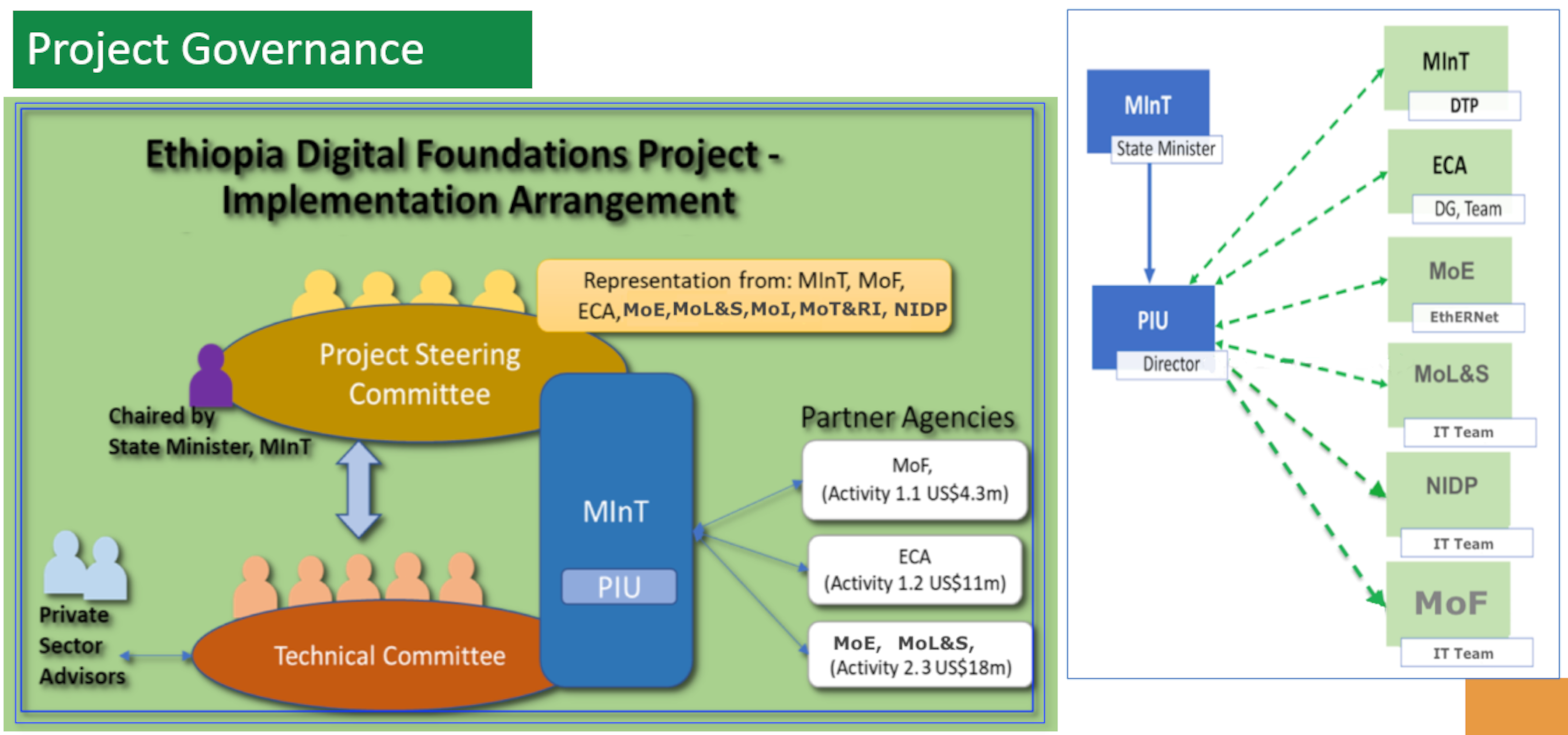
Project Steering Committee
Project Steering Committee shall comprise of all relevant members appointed by the Ministry. In particular, members shall be recruited from, but shall not be limited to, the following: (a) Ministry of Innovation and Technology (Chair), (b) Ministry of Finance, (c) Ministry of Science and Higher Education, (d) Ministry of Trade and Industry, (e) Ministry of Pease, (f) Ethiopia Communication Authority, (g) Jobs Creation Commission, and (h) Project Implementation Unit (secretary). The Chairman of the Committee shall be a member of the top leadership of the Ministry. The Project Coordinator of the Unit shall be the secretary of the Committee.
The roles and responsibilities of the Project Steering Committee are giving guidance to the Unit; provide political support and strategic guidance to project activities; support the implementation of policy changes; approve draft laws to be forwarded to the pertinent government body via the Ministry; resolve inter-agency coordination issues; assist in building support for reforms and overcoming resistance to them; approve procurement plans, annual budgets, important financial management and procurement documents; ensure that adequate budget provisions for the project are made in the national budget etc.; appoint members to Technical Committees; evaluate the reports of the Procurement Endorsing Committee and Technical Committees; resolve issues that cannot be handled by the Procurement Endorsing Committee and Technical Committees; monitor and evaluate Technical Committees and the Procurement Endorsing Committee deliberations on the project via the Unit; and prepare reports of its deliberation and submit a copy to the Ministry.
Technical Committee
The Technical Committee shall be appointed by the Project Steering Committee and responsible manage grants; conduct monitoring and evaluation (M&E); and report the process for Component 3 Mentioned on Ethiopian Digital Foundation Project Document; support the project implementation; and extend its consultations to the private sector.
Project Implementation Unit
The PIU shall process the implementation of project activities; process procurement activities on behalf of the project beneficiary agencies; and closely coordinate on a day-to-day basis with beneficiary agencies for their respective technical input at each stage of the procurement process.
The Unit shall be responsible for the fiduciary aspects of the Project. These includes procurement implementation; financial management functions including financial planning budgeting and accounting; planning and budgeting based on the inputs provided by the project’s Beneficiaries; financial reporting, arrange external auditing, funds flow, and internal controls; ensuring that procurement of works, goods and services shall be done in a timely manner in accordance with Procurement Plan and Manual; monitoring and administering of contracts; maintaining and preparing financial management reports; and getting the accounts audited regularly.
With regard to work with beneficiary agencies, the Unit shall ensure the implementation of the different project components and activities undergo by the beneficiary agencies; provide the Beneficiary Agencies the template TORs and ensure the Compliance of proposals from Beneficiaries to the template; and approves contracts and the Letter/Act of acceptance that serves as basis for payment which is signed by the head of the Beneficiary Agency to make relevant payments in accordance with contractual provisions.
The Unit shall lodge the approved documents mentioned under for subsequent approval by the Chairman of the Committee. The Unit shall ensure the bidding/selection process and payment for the supplied goods and performed services and works are in accordance with the World Bank Procurement Regulations.

